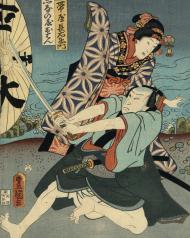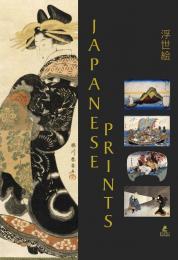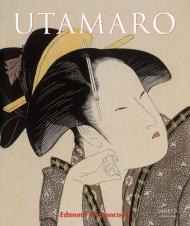Майстри укійо-е зібрані разом у томі, який ілюструє «плаваючий світ» Японії між 17-м і 19-м століттями.
Так званий період Едо (1603–1868) був надзвичайно продуктивним для Японії з точки зору історії та мистецтва; пізніше його вплив поширився за межі архіпелагу, аж до Заходу, де він породив справжню пристрасть до японської естетики та культури. Термін укійо-е, що перекладається як «картинки ширяючого світу», відноситься до кольорових відбитків на дерев’яних дошках, які вперше були створені в період Едо шляхом поєднання талантів таких художників, як Утамаро, Хокусай і Хіросіге, з абсолютною майстерністю різьбярів і друкарів. Ці принти є найвищим естетичним вираженням того, що можна було б назвати «культурою насолоди», пройнятою усвідомленням того, що красою життя потрібно насолоджуватися повною мірою, оскільки вона неодмінно закінчиться. Книга дає можливість відкрити для себе світ японської гравюри укійо-е через понад 300 робіт деяких із найважливіших митців і теми, які їх характеризують: від елегантних жіночих красунь до ніжних квітів і птахів, відомих акторів кабукі, доблесних самураїв і навіть еротичних сюжетів з їх безтурботним оспівуванням кохання.
Про авторів:
Франческо Паоло Кампіоне, автор і куратор, викладає культурну антропологію в Університеті Інсубрії (Комо) і є директором Музею культури в Лугано.
Марко Фагіолі, історик мистецтва та критик, відредагував багато книг та есе про китайський та японський живопис, художників сюнга та постімпресіоністів.
Мойра Лураскі, антрополог, є куратором східних колекцій Музею культури в Лугано, для якого вона редагувала кілька публікацій про японське мистецтво.


